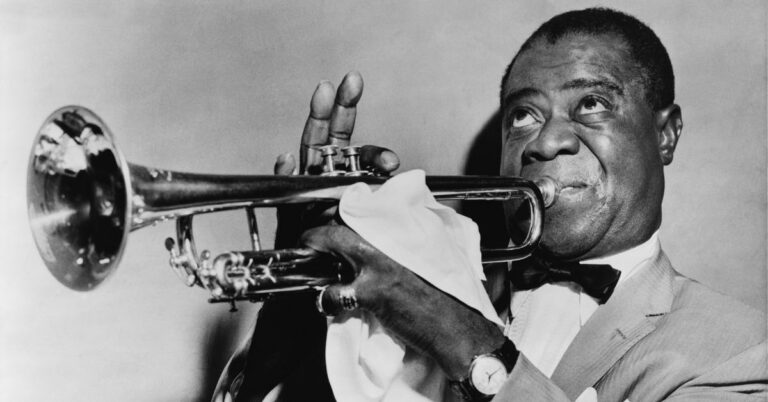The word “OK” is one of the most widely used terms in the English language, but where did it come from? In this article, we will explore the history and origin of the word “OK,” its various meanings and uses, and how it has become a ubiquitous part of modern language.
The Origin of the Word “OK”
The origin of the word “OK” is shrouded in mystery and has been the subject of much debate among linguists and historians. One of the most popular theories is that the word originated in the United States in the 19th century.
According to this theory, “OK” is an abbreviation of “oll korrect,” a humorous misspelling of “all correct” that was popularized in the 1830s. The term was used as a joke among young people at the time, but eventually became more widely used and accepted as a way of indicating agreement or approval.
Other theories suggest that “OK” may have originated from African languages, Native American languages, or even from the Scottish phrase “och aye.”
The Various Meanings and Uses of “OK”
Today, “OK” is one of the most versatile words in the English language, with a wide range of meanings and uses. It can be used as an adjective, adverb, verb, or noun, and has various meanings depending on the context in which it is used.
Some of the most common uses of “OK” include indicating agreement or approval, expressing a neutral or noncommittal response, or acknowledging that something is acceptable or satisfactory. It can also be used to indicate that something is in good condition or working order, or to signal the end of a conversation or interaction.
How “OK” Became a Ubiquitous Part of Modern Language
Over time, “OK” has become a ubiquitous part of modern language, used by people of all ages and backgrounds around the world. Its versatility and simplicity have made it a popular way of communicating agreement, approval, or acceptance in a wide range of contexts.
The popularity of “OK” has been further fueled by its use in digital communication, where its brevity and clarity make it an ideal way of conveying a message quickly and efficiently.
Conclusion
The origin of the word “OK” may be shrouded in mystery, but its importance and versatility in modern language are undeniable. Whether used to indicate agreement, approval, or acceptance, or simply as a neutral or noncommittal response, “OK” has become a ubiquitous part of everyday communication, both in spoken and written form.














